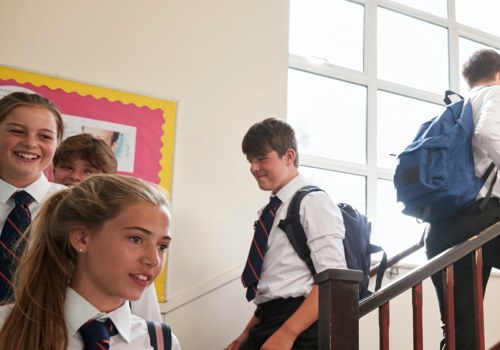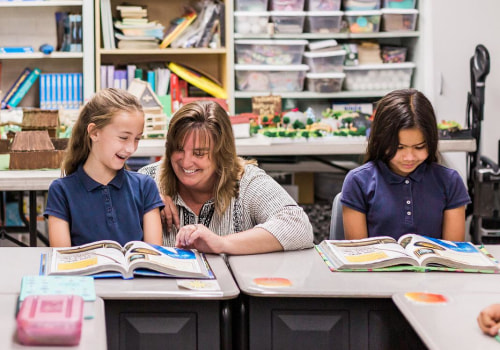Private schools make up 25% of all schools in the US and enroll 10% of all PK-12 students. The majority of private school students (78%) attend schools affiliated with a religion. This raises the question: is this a problem or an opportunity? Private schools, also known as non-public schools, are separate corporate entities from public schools, which are funded by the government. Historically, the concept of parental rights in their children's schooling was almost overshadowed by the growing wave of public school bureaucracy.
Private schools can be Catholic, religious, or independent. Some private schools may not accept the stringent testing requirements that Indiana places on schools with vouchers. Parish schools were the most common type of Catholic school, followed by diocesan schools and then private religious order schools. Comparing public and private schools reveals that both sectors offer unique educational alternatives.
Research has shown that students in private religious institutions achieve educational levels that are seven to twelve months ahead of their public school counterparts. Parents who choose a private religious school for their children prioritize spiritual goals such as love for God and other people, and the ability to apply their knowledge. Indiana's school choice system offers little incentive for secular schools to accept vouchers, leaving largely religious Christian schools to benefit from state funding. The Cato Institute found that the top five reasons parents choose a private school for their children relate to school climate and classroom management.
After teaching in a public school, I taught for several years in a private school that was no better academically than the public school. It is important to note that there are school choice options within the public school system, such as charter schools, magnet schools and open enrollment. Most private schools are located on the east and west coasts; Connecticut has the highest proportion of private school students (17%) and Wyoming has the lowest (1.5%). Students from private religious schools have proven to excel academically, which can be a big draw for prospective families.



